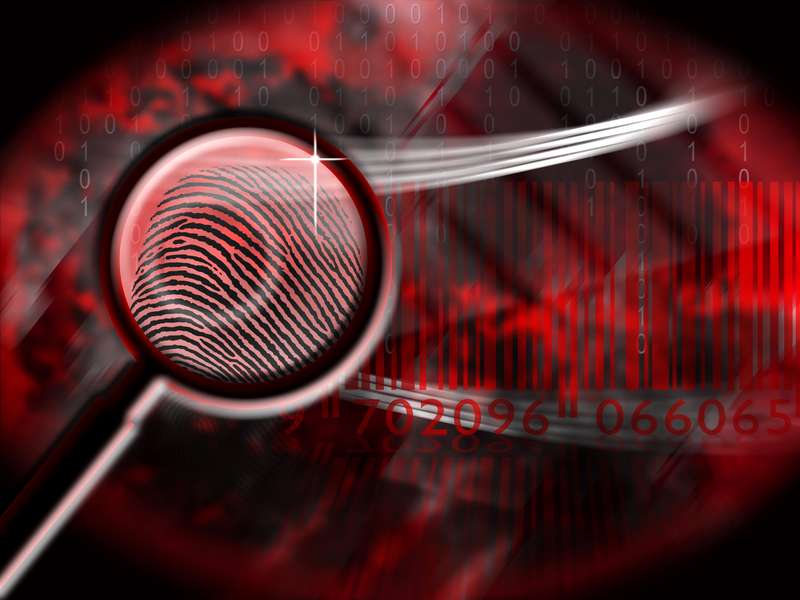FBI Trying to Sneak In Ability to Access Emails Without Court Order
An attempt to secretly expand what can be gathered with National Security Letters


Right now Congress is attempting to hammer out rules that would eliminate an old loophole that permits the government and law enforcement to get access to Americans' old emails with a simple court subpoena instead of a warrant.
But at the same time, the FBI is trying to write up special new rules that would let them use a National Security Letter (NSL) to get access to email records without any sort of court order.
NSLs are secret orders that allow the government under the PATRIOT Act to not just demand data from Internet and telecom companies about specific users but also to legally gag these companies from communicating any information about their existence. Currently, NSLs can get all sorts of information and metadata (like phone records) that way, but not emails. The 2017 Intelligence Authorization Act would change the rules. Senate Intelligence Committee leaders Richard Burr (R-N.C.) and Dianne Feinstein (D-Calif.), originators of proposed encryption legislation that would utterly destroy everybody's cybersecurity, put out a statement in support of the legislation, which passed a committee vote.
There was one dissenter, Sen. Ron Wyden (D-Ore.) who has been the primary voice in that committee against unwarranted surveillance. CNet takes note of his response and warning:
But Sen. Ron Wyden (D-Ore.), the lone dissenting voice on the 15-member Senate committee, vowed to work on reversing the "dangerous provisions."
"This bill takes a hatchet to important protections for Americans' liberty," he said in a statement. "This bill would mean more government surveillance of Americans, less due process and less independent oversight of US intelligence agencies. Worse, neither the intelligence agencies, nor the bill's sponsors have shown any evidence that these changes would do anything to make Americans more secure."
Jenna McLaughlin at The Intercept has more about the FBI's lengthy efforts to try to use NSLs to secretly access email communications here.
Note that the FBI is now taking some hits by judges over its insistence on secrecy. Yesterday a federal judge tossed out evidence the FBI had collected in a child pornography case because they refused to reveal to the defense the tools that they had used to exploit Tor to track pedophiles, even if that information was kept sealed and not released to the public. That refusal denies the ability of the defense to analyze and potentially counter or even challenge the factuality of the evidence the FBI had gathered. So a judge ruled the evidence could not be used. That decision could potentially impact many other pending FBI cases.


Show Comments (183)